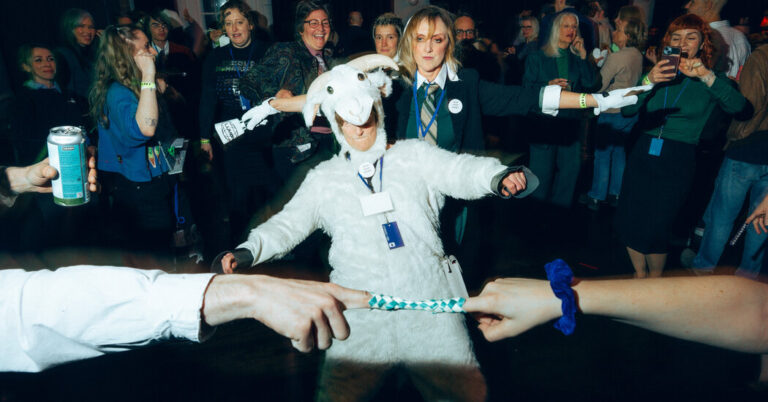Here is the result in plain text:
It was March 2000, and everything was coming up roses for “American Beauty.” There were the box office receipts (more than $350 million worldwide, not adjusted for inflation, according to the data site Box Office Mojo). The rave reviews (“a hell of a picture,” Kenneth Turan wrote in The Los Angeles Times). The three Golden Globes.
“I was a little bit overwhelmed,” a wide-eyed Mendes said in his acceptance speech, as he joined the ranks of Delbert Mann, Jerome Robbins, Robert Redford, James L. Brooks and Kevin Costner as the only filmmakers to win the academy’s top directing honor for their feature directorial debut.
After a decade dominated by period dramas like “Shakespeare in Love” and “Titanic,” it represented a triumph for riskier filmmaking. In an age of prosperity, when unemployment in America hovered around 4 percent, the movie served as an outlet for the malaise of middle-class suburbanites unfulfilled by their comfy jobs and gorgeous houses in affluent neighborhoods.
“I think the culture decided that it was an ‘important’ movie, despite the fact that it was made for less than $15 million by a young studio in the same spirit as an independent film,” Mendes wrote in an email. “It was freighted with all that awards stuff, and so the only place it could travel after that was towards backlash.”
Of course, there is another glaring factor: Spacey’s fall from grace after being accused of sexual misconduct by more than a dozen men and teenage boys dating back 20 years — he was acquitted of sexual assault charges in 2023 — that made the 42-year-old Lester’s lust for the 17-year-old Angela Hayes (Mena Suvari) look no longer daring or edgy but, well, icky.
So what happened?
I think the culture decided that it was an important movie, despite the fact that it was made for less than $15 million by a young studio in the same spirit as an independent film. It was freighted with all that awards stuff, and so the only place it could travel after that was towards backlash.
Movie opinions don’t necessarily match up with the politics or economics of a time period, but those elements can be a factor. And in September 1999, when DreamWorks released the film in theaters in the United States, that climate was boom times. The economy was thriving. Employment was plentiful.
To put it simply: It’s much easier to indulge a fantasy of quitting your job when you have a job to quit.
Which meant a film about giving in to your urges – to ditch your dead-end office gig, to cheat on your spouse, to run away from your weird, embarrassing parents – hit the spot.
“Everybody had a way in,” said Dan Jinks, a producer on the film.
Then came the #MeToo movement in 2017 and a culture-wide reorientation around the way we view sexual assault.
The 17-year-old Angela character who seemed so sexually liberated in 1999? Now, amid a more nuanced understanding of sexual abuse, it is clear that, though she presented herself as confident and in control, she was being taken advantage of.
Another factor: a growing acceptance of homosexuality, with Vermont becoming the first state to legalize civil unions in 1999 and the Supreme Court legalizing same-sex marriage across the country in 2015.
In his Oscars acceptance speech for best picture, Jinks asserted that homophobia was among the serious issues the film “dealt with,” referring to the fact that the Burnhams’ virulently homophobic neighbor, Colonel Frank Fitts (Chris Cooper), turns out to be a gay man. But nowadays, a contributor to the feminist film criticism blog Screen Queens wrote, the bar for onscreen representation of L.G.B.T.Q. characters is far higher.
But not all re-evaluation has been negative. In a 2019 retrospective in The Guardian for the movie’s 20th anniversary, the critic Guy Lodge acknowledged the film’s shortcomings but wrote that “American Beauty,” with its “pristinely art-directed yin-yang of sadness and sarcasm,” was worth a closer look.
Twenty years on, “American Beauty” isn’t as clever as we thought it was, though it’s inadvertently aged into a kind of wounded, embattled wisdom.
Source link




